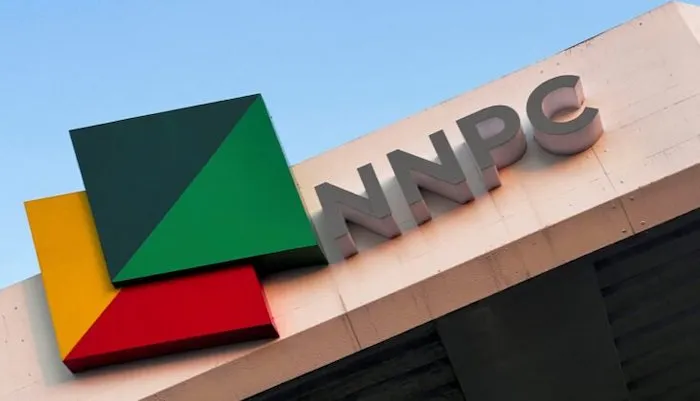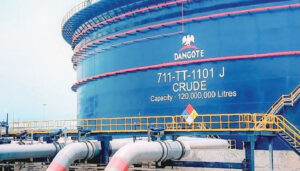
The Nigerian National Petroleum Company (NNPC) Limited is considering divesting its interest in the country’s four state-owned refineries, following years of costly and largely unproductive rehabilitation efforts.
Group Chief Executive Officer, Mr Bayo Ojulari, disclosed this during an interview with Bloomberg on the sidelines of the 9th Organisation of the Petroleum Exporting Countries (OPEC) International Seminar in Vienna. He revealed that NNPC is undertaking a comprehensive internal review of its downstream assets, with a final decision expected before the end of 2025.
According to Ojulari, the ongoing overhaul of the refineries – notably Port Harcourt, Warri and Kaduna – has become increasingly complex, hindered by technical constraints and legacy issues. Despite the injection of over $3 billion between 2021 and 2023 into these assets, the expected transformation remains largely unrealised.
The Port Harcourt Refinery, for instance, which received $1.5 billion in government-approved rehabilitation funding in 2021, briefly resumed operations in late 2023 but was shut again in May 2025 for further maintenance. The Warri and Kaduna refineries, now 46 and 44 years old respectively, remain under reconstruction. Collectively, the refineries boast a nameplate capacity of 445,000 barrels per day (bpd), yet have consistently underperformed or stayed dormant for years.
Ojulari admitted that, despite significant capital outlay and the deployment of modern technologies, the results have fallen short of expectations. He cited the prolonged idleness and deteriorating infrastructure as major obstacles to operational recovery.
This latest indication of a possible sale aligns with wider policy trends that favour increased private sector participation in Nigeria’s oil and gas sector. Should the divestment proceed, it would represent a decisive shift away from state-funded turnaround strategies that have spanned decades with limited success.
Concerns over the financial prudence of NNPC’s past investments have intensified, particularly given that over N11.35 trillion (approximately $25 billion) is estimated to have been spent on the refineries over ten years, without full Turnaround Maintenance (TAM) being completed.
Ojulari also touched on Nigeria’s high oil production costs, pegged between $20 and $30 per barrel. These figures, he explained, stem largely from the security investments required to protect critical infrastructure. However, he noted that the country has now attained full pipeline availability, a milestone in mitigating crude theft and vandalism.
Looking ahead, he expressed cautious optimism regarding Nigeria’s production outlook. The Federal Government is targeting a daily crude output of 1.9 million barrels by the end of 2025 – a significant increase from current volumes, which still lag behind OPEC’s approved quotas.
If realised, the proposed refinery sale would signal a bold departure from entrenched inefficiencies in the downstream sector and could catalyse long-overdue private-led reforms within Nigeria’s oil value chain.







